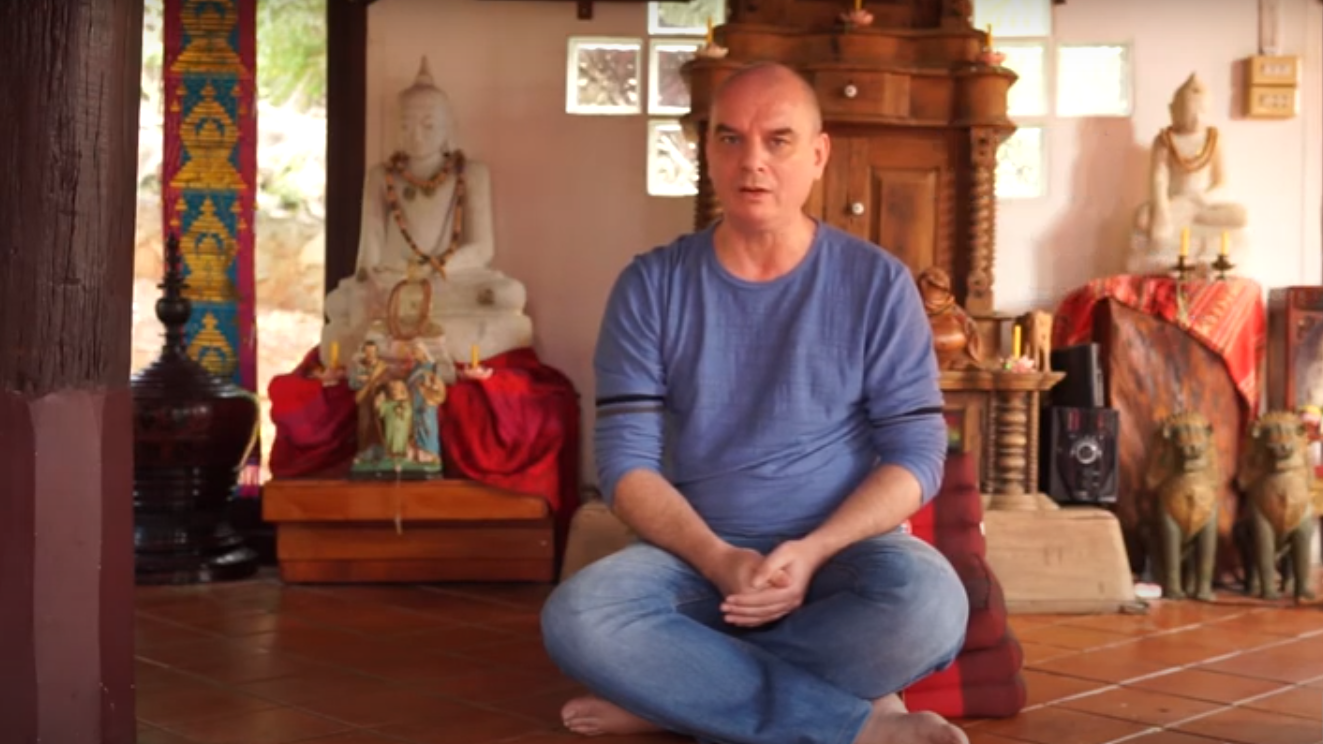The somewhat gloomy German philosopher Schopenhauer suggested it is “will” (a blind tyrannical force compelling us to be always striving) that makes life an ongoing struggle. This will is frustrated by obstacles and at war with itself due to competing agendas. As Schopenhauer points out, while we may be free to follow our desires, we have no control over what these desires are. Our freedom is that of a slave obeying a master. Facing such oppressive forces, the obvious conclusion is that we are powerless.
Hold on though, what if, the problem isn’t what we are calling “the will”, but more the way we relate to these forces? Take anxiety for example, we feel anxious and this triggers fearful thoughts about not wanting to feel this way. This is a lack of integrity because we now feel at odds with ourselves, powerless because the body isn’t doing what we want it to do. But, why are we identifying more with the thoughts here than what is happening in the body? Is it this favoring of one part of the experience over the rest that is the source of powerlessness?
I used to be crippled by anxiety. When working full-time as a writer, there would be times when work would dry up and fear would overwhelm me. More times than not, I’d take to my bed paralyzed by worry. This continued until I recognized my “anxiety” as a powerful energetic state where I could get shit done. This shift in perspective turned it from an enemy to an ally.
The poet W.H. Auden observed how “we are lived by powers we pretend to understand.” We lack integrity when we favor some of these forces over others. But what if these forces are ultimately trying to achieve the same thing? What if they are like a team, each with something unique and valid to offer. By identifying with some while rejecting others, there is no opportunity for cooperation. Instead, there is an internal war which no side can win. Would it be crazy to suggest that ending this war would reveal our true power?
